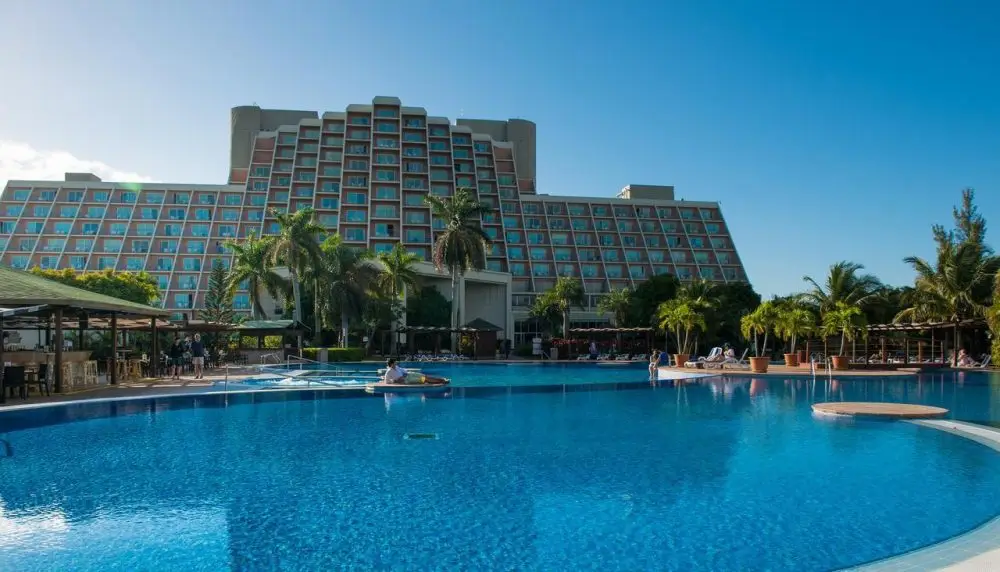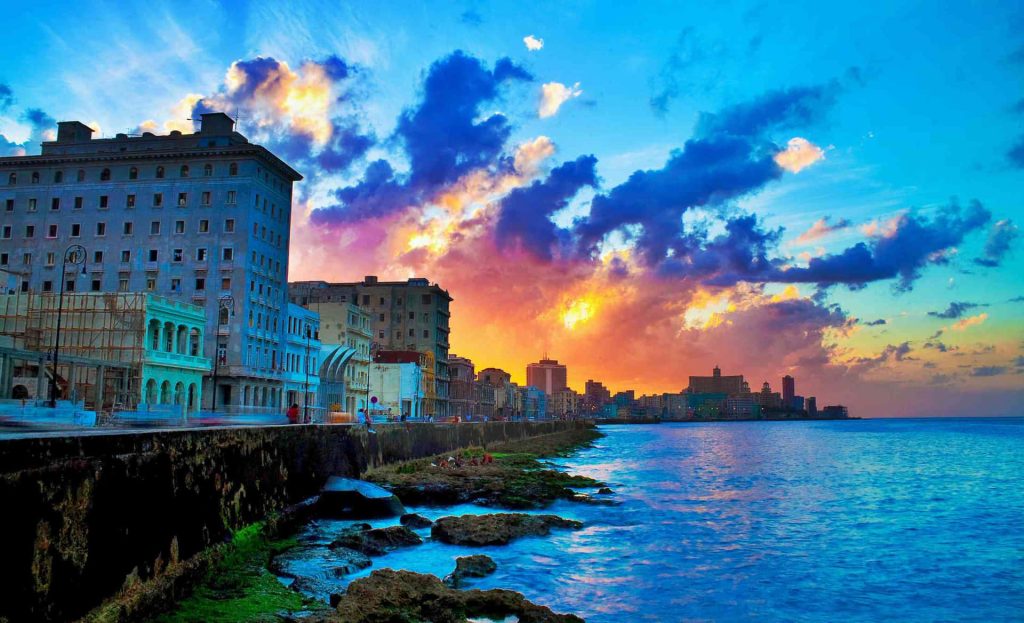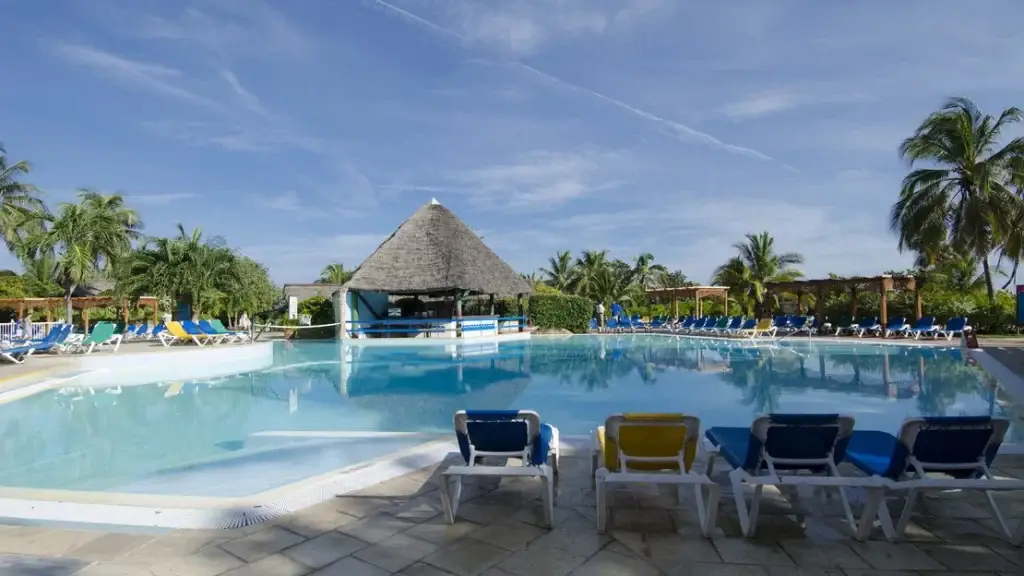Every square kilometer of the island offers its own formula of contrast – bright Spanish colonial architecture coexists with retro cars and rebellious Caribbean rhythms. What do you need to know before traveling to Cuba? First of all, the specifics of legislation, currency, climate, and infrastructure. Preparation begins long before arriving in Havana, Varadero, or Cayo Coco.
What you need to know before traveling to Cuba: visa and entry requirements
Russian citizens can obtain a tourist card at a travel agency or consulate for 20-30 euros. The validity period is 30 days, with the possibility of extension for another month. The document requires filling in all sections without corrections, otherwise entry may be denied. Mandatory requirements include having a return ticket and accommodation reservation for the entire stay.

What you need to know before traveling to Cuba – the country has strict rules for insurance: the policy must cover COVID-19 treatment, preferably with an English description of the conditions. Entry may be denied without insurance, especially when arriving at the airports of Holguin or Trinidad.
Cuba’s currency: two realities in one wallet
Since 2021, only one currency remains in circulation – the Cuban peso (CUP). However, in practice, tourists encounter two realities. State-owned stores and hotels accept CUP, while the private sector actively uses dollars and euros. Exchange rates do not follow the Central Bank’s rate but rather a “tourist” rate – in banks, the rate is lower than at private exchange offices.
A Cuban account card is almost useless: most private services only accept cash. What you need to know before traveling to Cuba – bringing cash in dollars and euros is preferable. Varadero and Cayo Largo accept euros in hotels, but markets and taxis use pesos. Dollars are reluctantly accepted due to a 10% exchange commission.
Cuba’s seasons: when to visit
The climate dictates the rhythm of relaxation. The tourist peak lasts from November to April. The air temperature ranges from +25°C to +30°C, with minimal rainfall and calm Caribbean Sea. Summer brings heat up to +35°C, humidity, and possible tropical hurricanes. From July to October – the season of increased cyclonic activity.
Off-season sees lower prices for accommodation and tours, but there is an increased risk of flight cancellations. Havana and Trinidad feel like a sauna under the open sky in August. In autumn, the island attracts budget travelers, especially to the areas of Holguin and southern Cayo Coco, where storms occur less frequently.
Accommodation in Cuba: what you need to know
Hotels in tourist areas are controlled by the state. Four or five stars do not guarantee a high level of service. Private homes – “casas particulares” – offer home comfort, breakfasts, and a lively cultural experience. Official registration of accommodation is mandatory, even if rented through private platforms.
What you need to know before traveling to Cuba – it is better to book accommodation in advance, especially during the high season. In Varadero and Cayo Largo, most hotels operate on an all-inclusive basis, but in Havana and Trinidad, it is more advantageous to rent accommodation from locals – cheaper and more authentic.
Other information about Cuba for tourists: internet, pharmacies, transportation
What you need to know before traveling to the island of freedom – reality differs from stereotypes. Tourists face internet disruptions, limited choice of goods, and slow service. Connecting to the network requires purchasing a Nauta card for 1, 3, or 5 hours. Operators include ETECSA and Cubacel.
Before traveling, tourists should consider:
- Internet: connectivity is unstable, especially outside the capital.
- Pharmacies: medicine shortages. It is better to bring a full set of medications.
- Transportation: Viazul intercity buses are a convenient and safe way to travel. Taxis are expensive, especially in Cayo Coco and Cayo Largo.
- Payment: Russian bank cards do not work. Cash is preferred.
- Communication: it is more cost-effective to buy a SIM card at the airport. Internet costs $1 per hour.
Additionally, it is important to note that in some areas of the island, electricity is cut off according to a schedule, especially during peak consumption seasons. It is recommended to preload maps, reservations, and translations for offline access – unstable connection can disrupt plans even in the center of Havana.
Tips: what is important to know before traveling to Cuba
TOP 6 recommendations for preparation:

- Currency exchange: it is more advantageous to exchange currency with certified individuals, rates are 20-30% higher compared to banks.
- Food: “paladares” cafes in the private sector offer tastier and cheaper options than hotels.
- Transportation: renting a car requires local connections and knowledge of routes – roads do not always have signs.
- Communication: international roaming is extremely expensive – it is better to use local SIM cards.
- City map: GPS works intermittently, it is better to use offline maps.
- Clothing: lightweight, natural fabric. An umbrella is essential – rains can occur suddenly.
Additionally, it is important to check the operating hours of museums and attractions in advance – some sites close without warning. When planning your route, it is advisable to rely on real reviews rather than promotional brochures – this will help avoid disappointments.
Conclusion
Cuba is a country that promises unforgettable experiences, vibrant emotions, and full immersion in a unique culture. However, to ensure your trip goes smoothly and without unpleasant surprises, it is important to prepare in advance. Considering the peculiarities of the visa regime, climate specifics, and local infrastructure, you will be able to fully enjoy every minute on the Island of Freedom, leaving all worries behind.


 Havana has long gone beyond stereotypes. Behind the colonial facades are boutique hotels where service is not an option, but the foundation.
Havana has long gone beyond stereotypes. Behind the colonial facades are boutique hotels where service is not an option, but the foundation. Cuba’s good 4-star hotels are forming a new tourist standard for the country. This is not a “convenient in-between”, but a conscious choice of those looking for balance: between service and nature, comfort and authenticity.
Cuba’s good 4-star hotels are forming a new tourist standard for the country. This is not a “convenient in-between”, but a conscious choice of those looking for balance: between service and nature, comfort and authenticity.